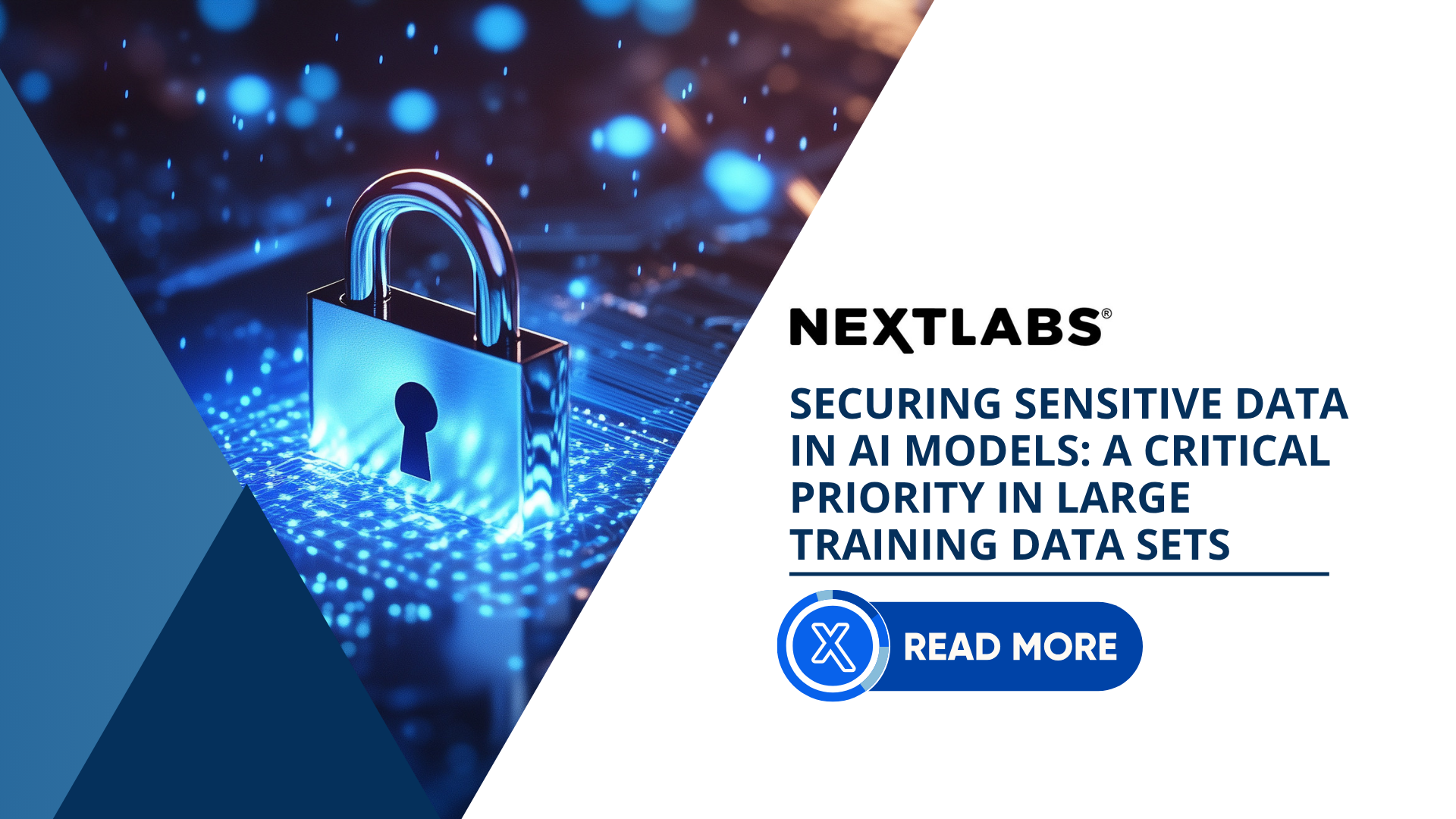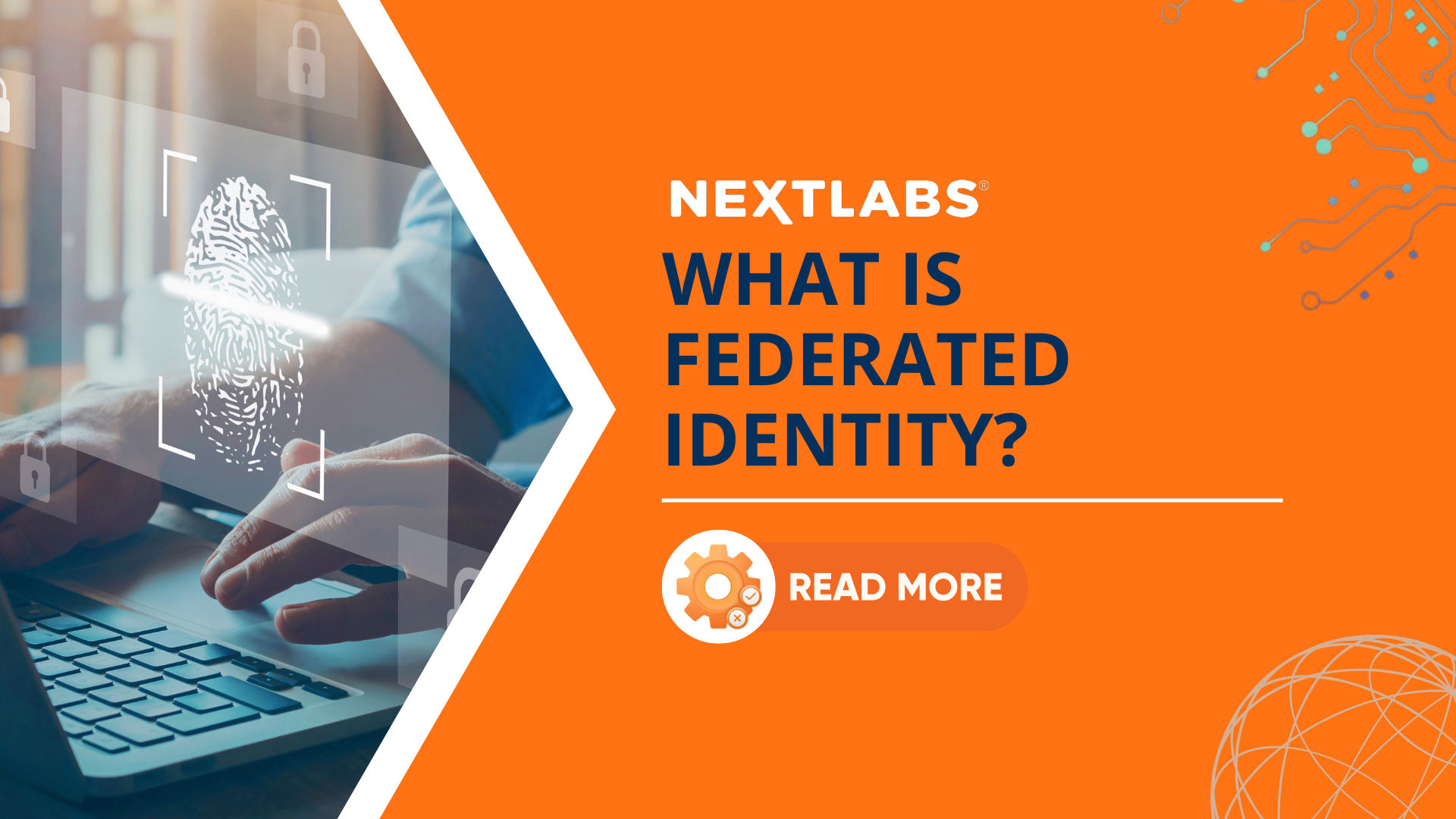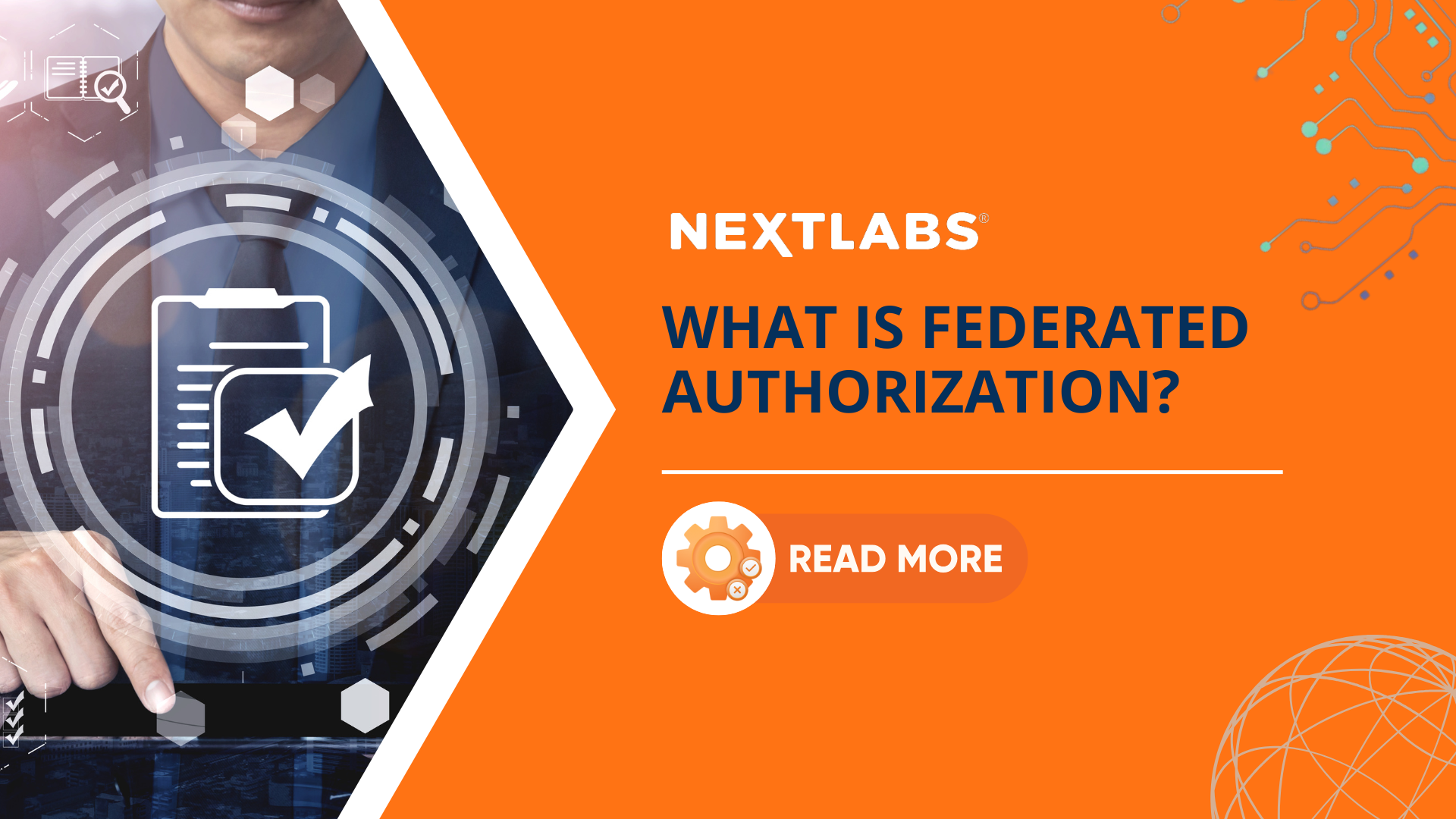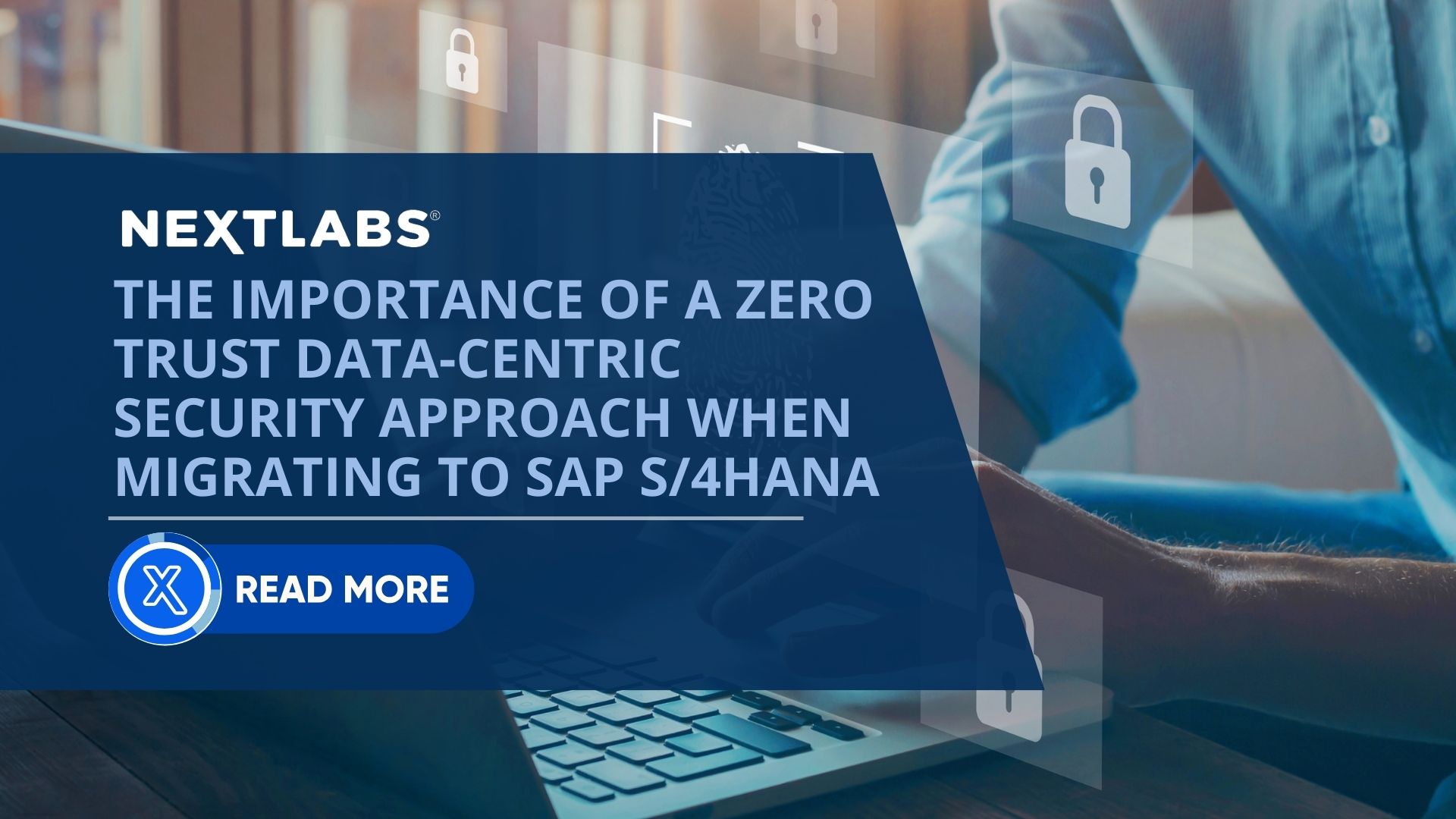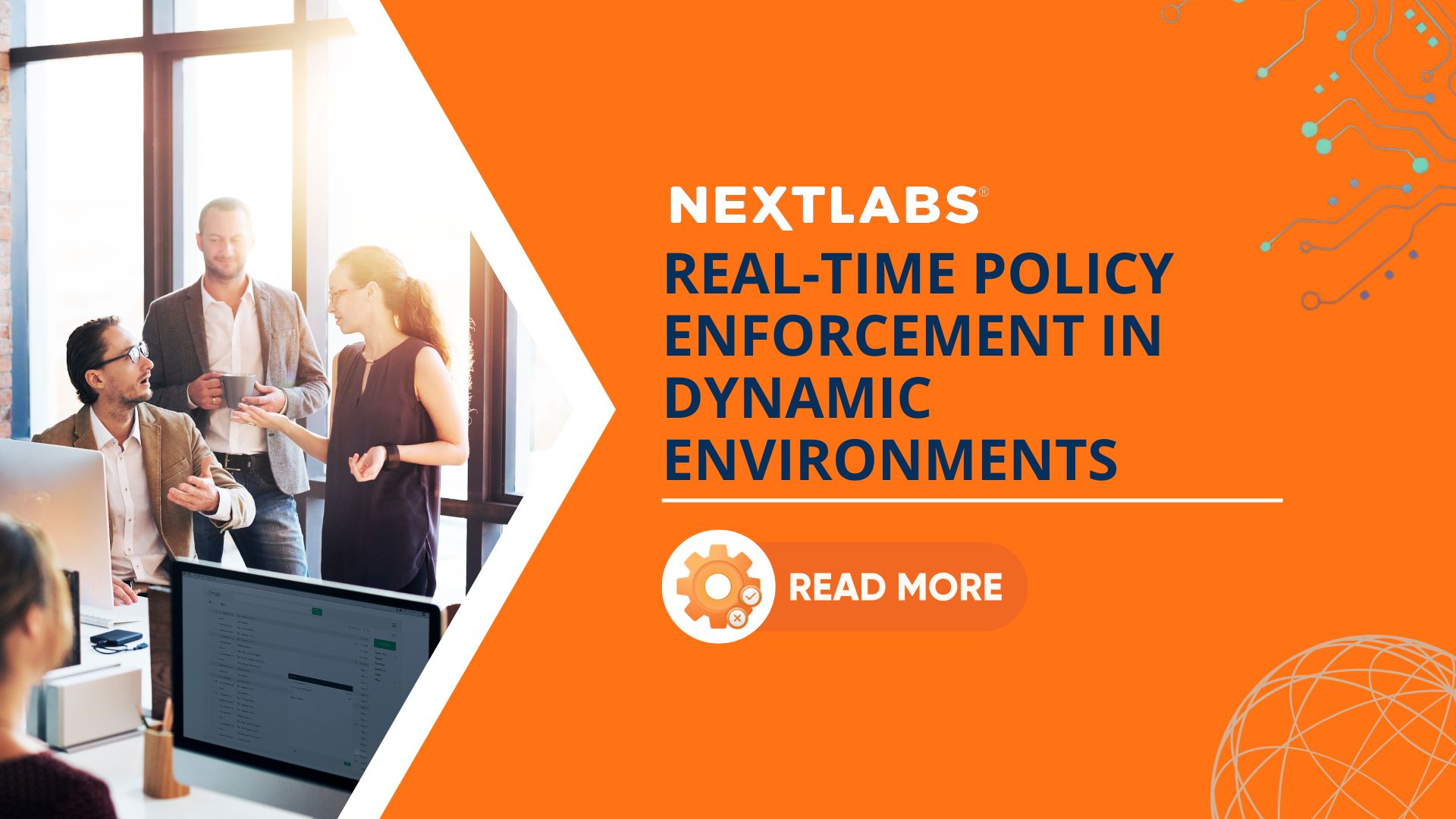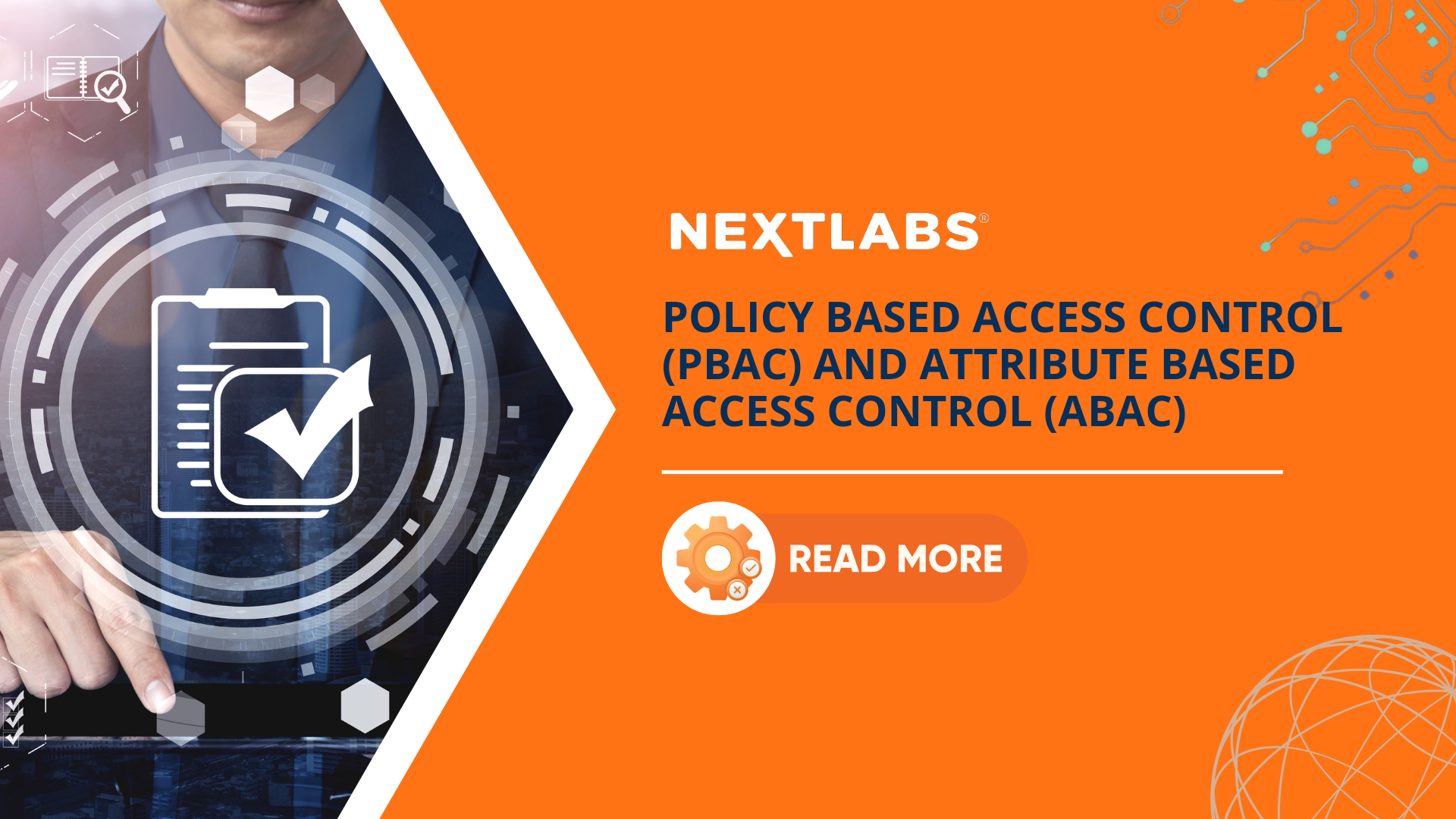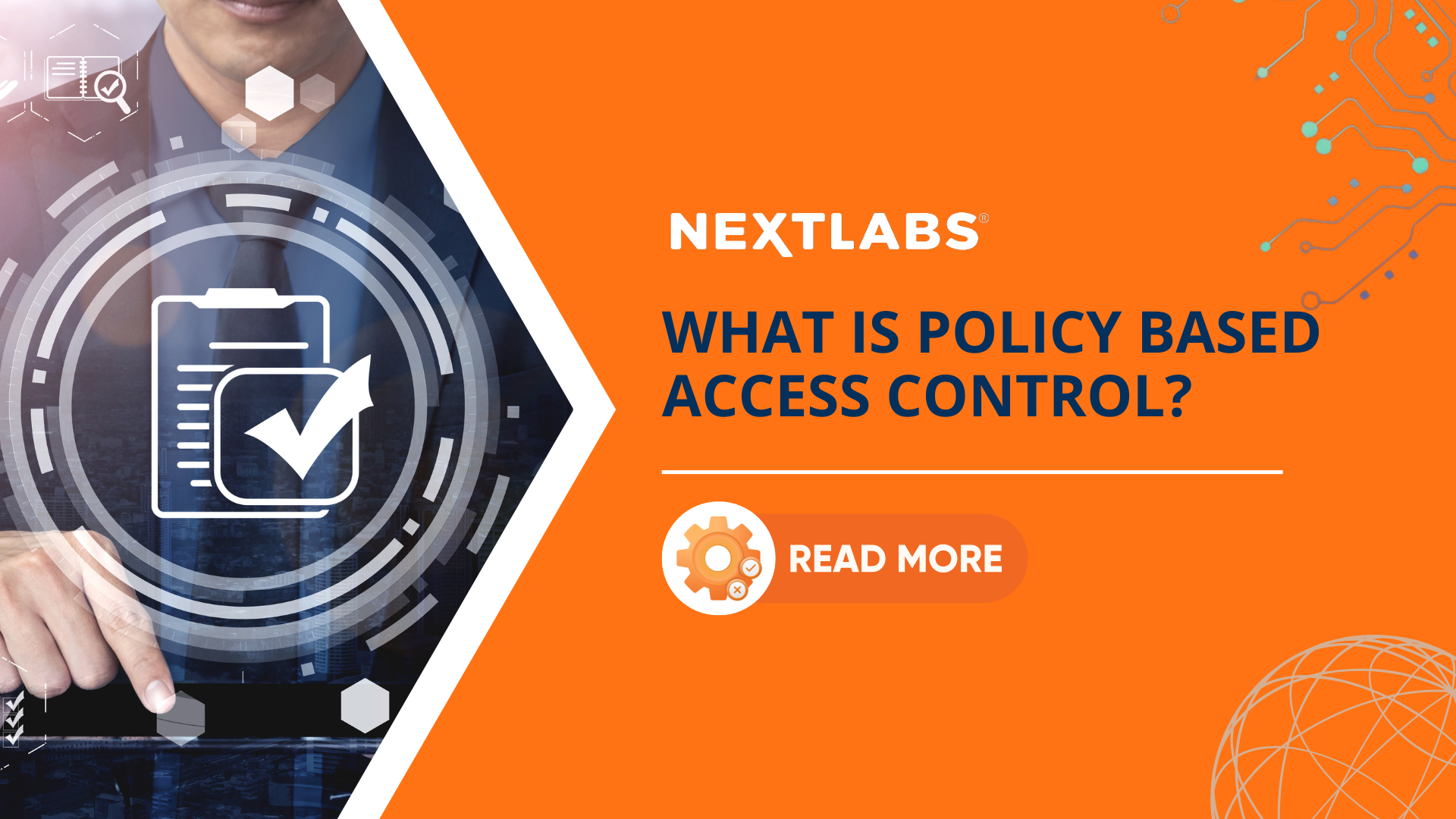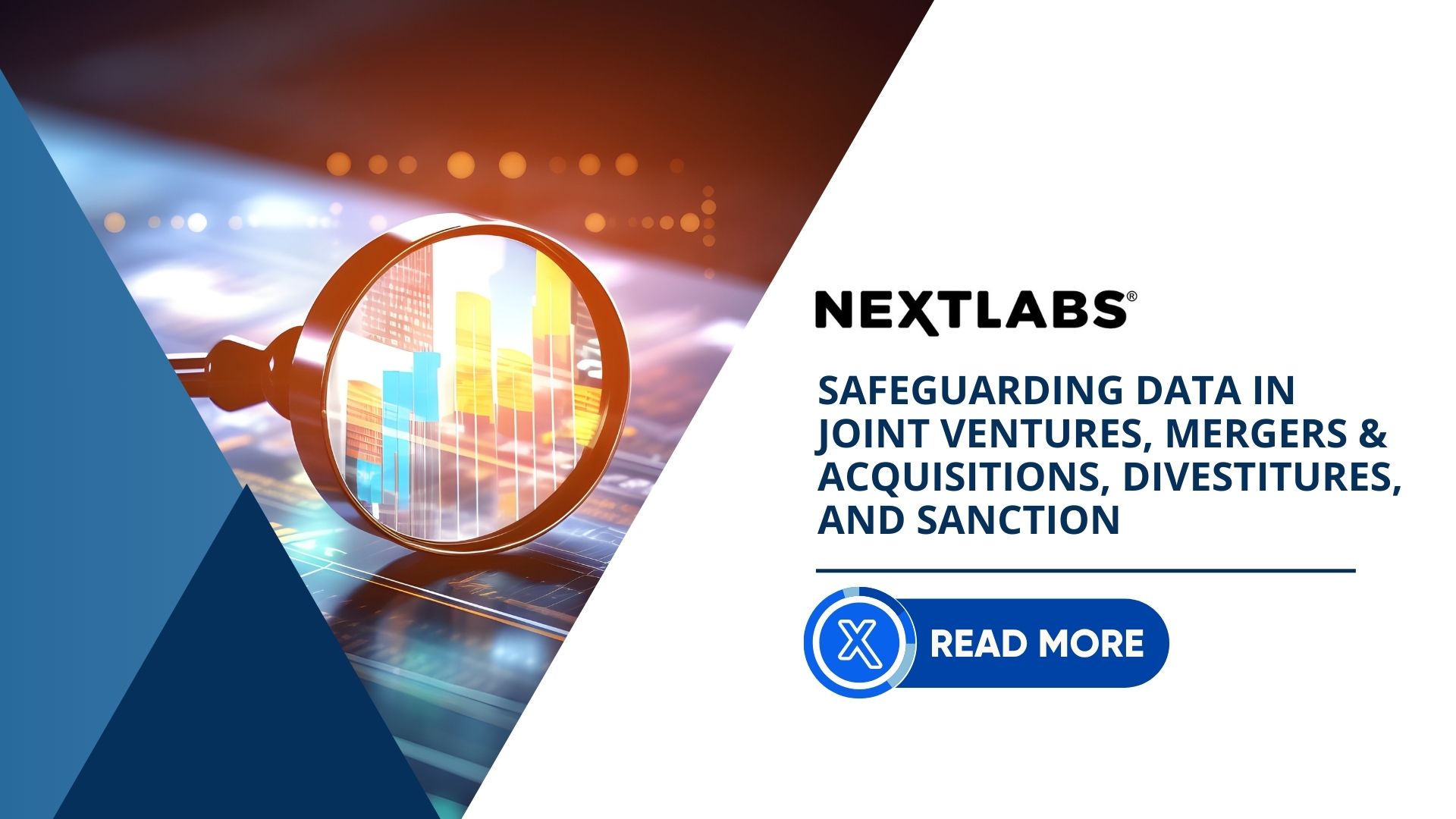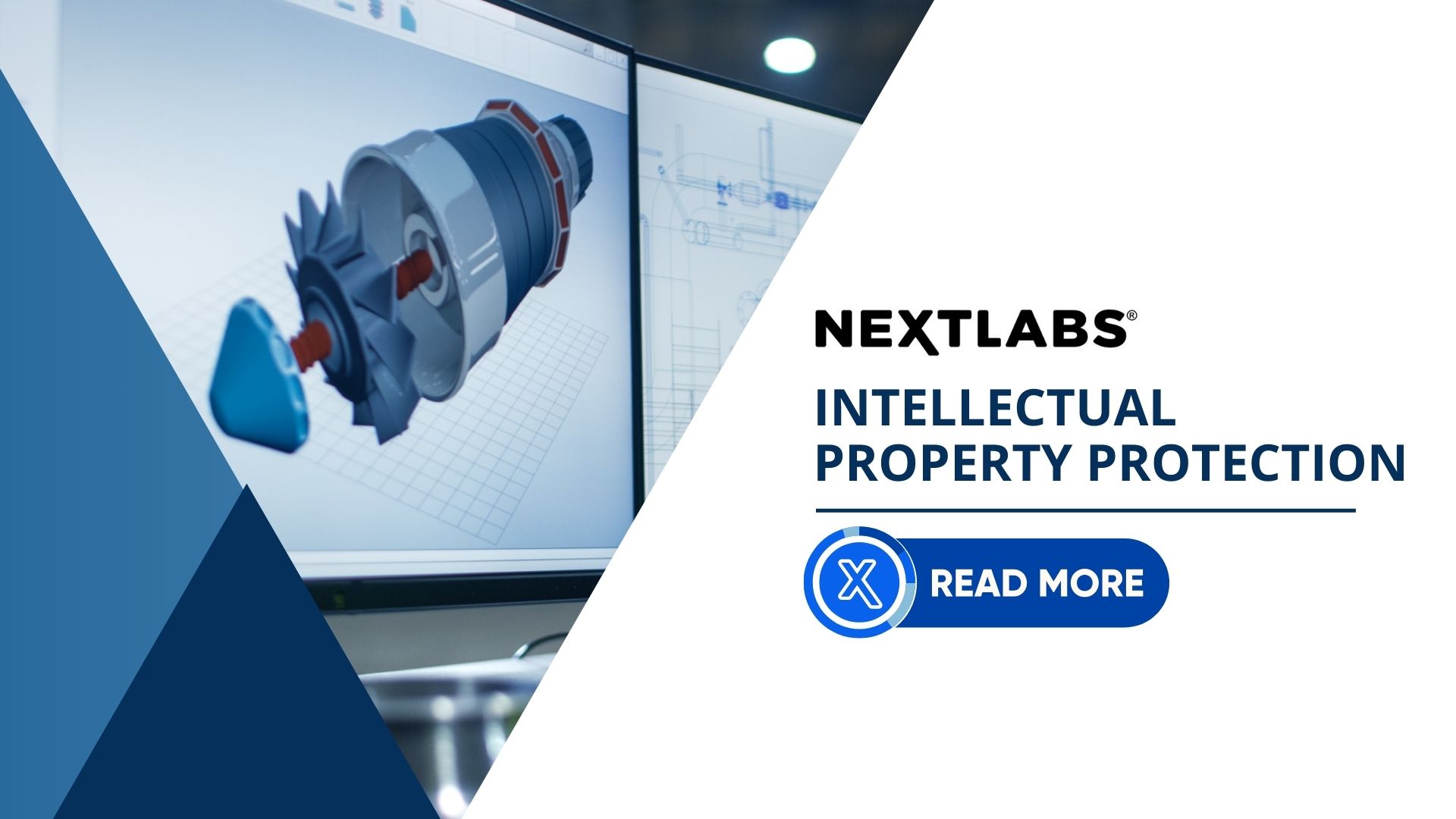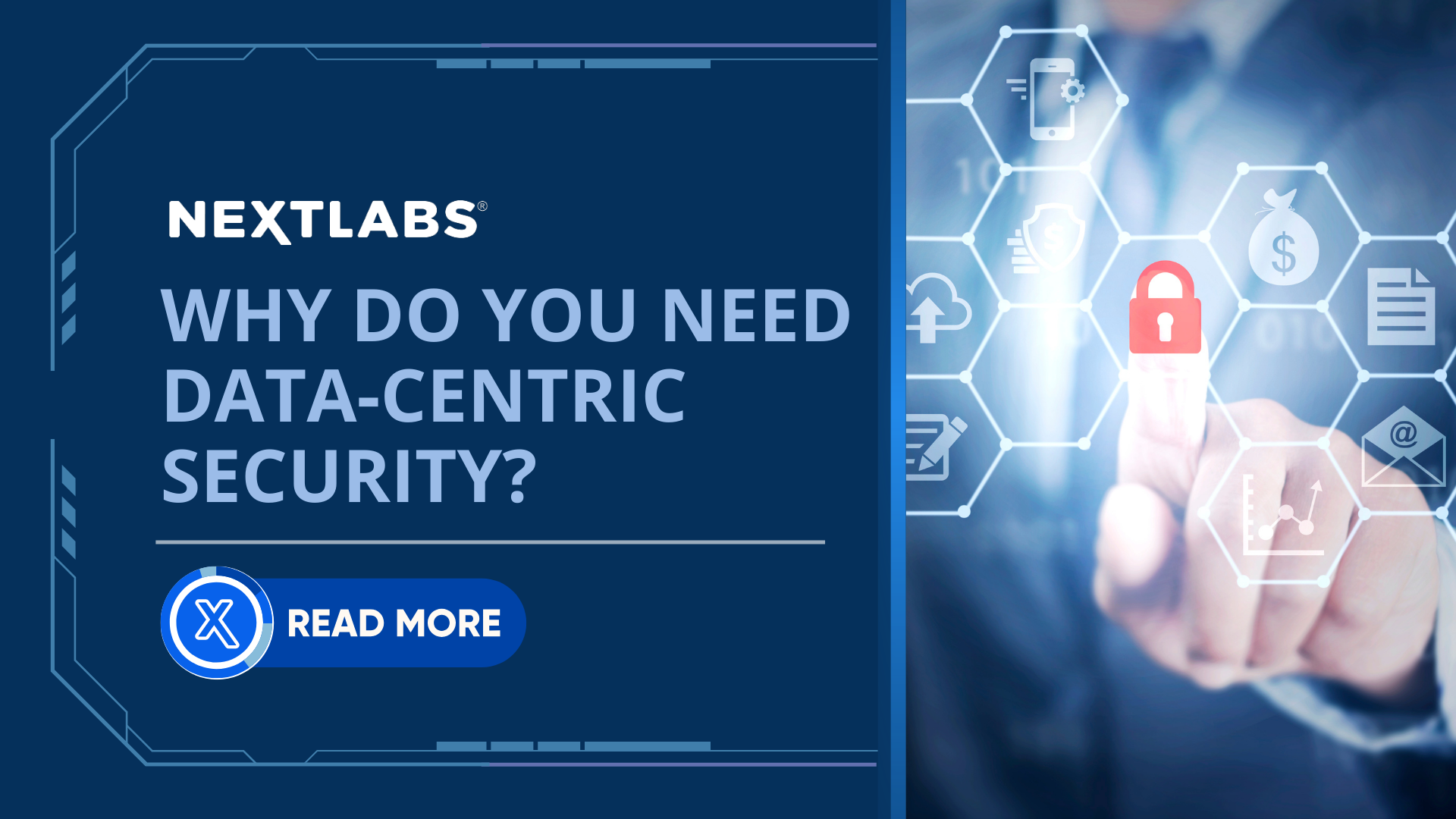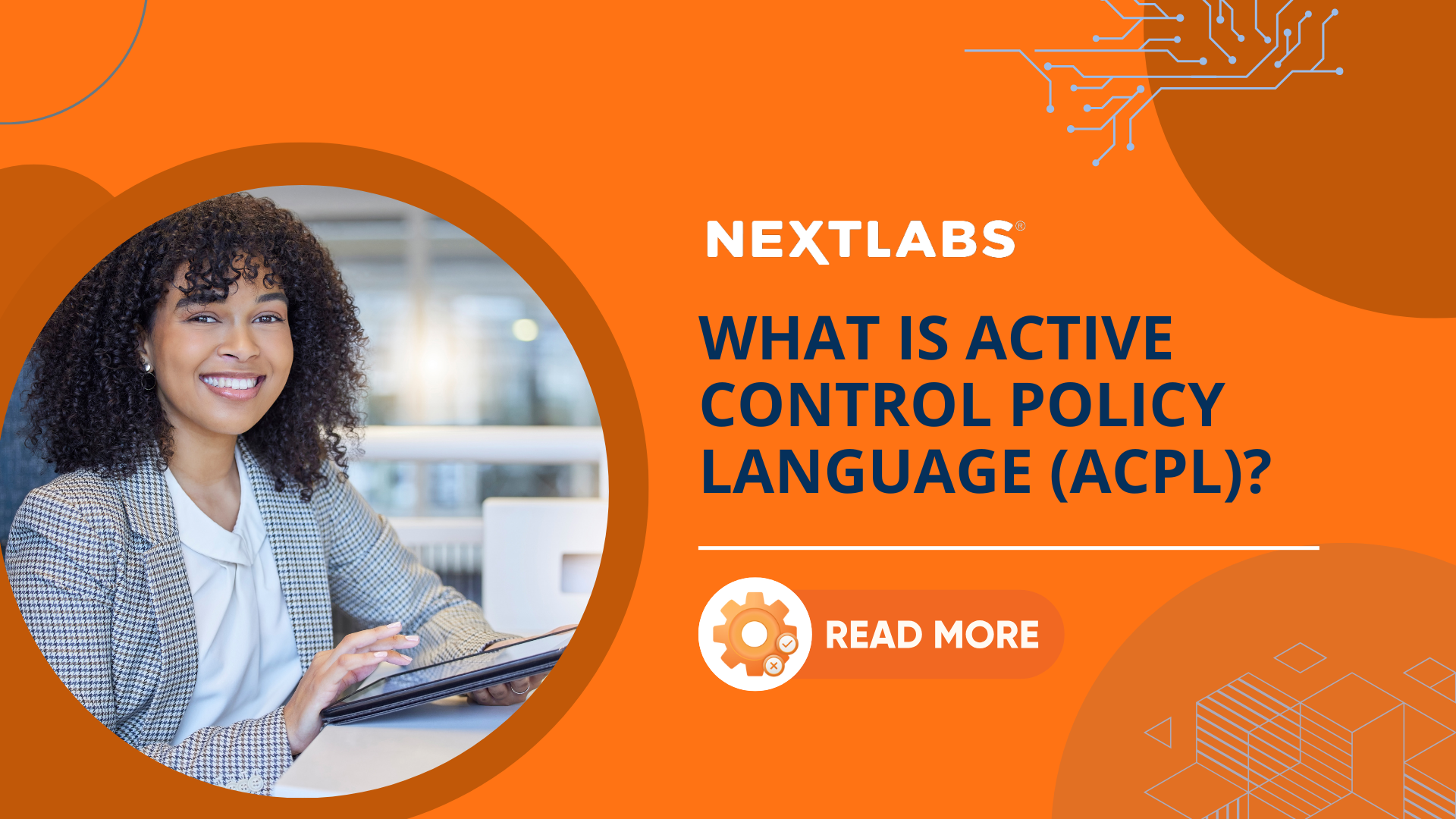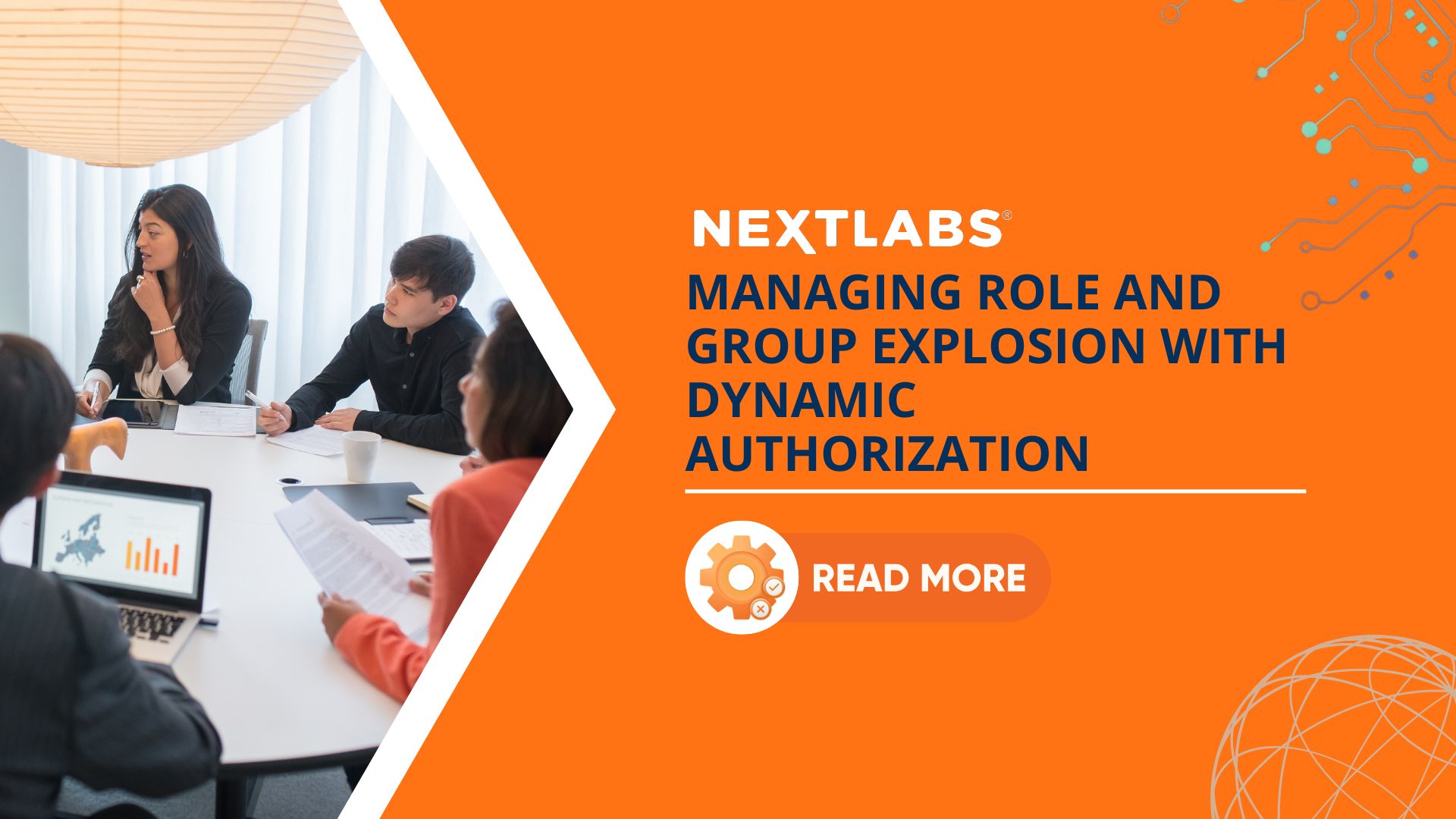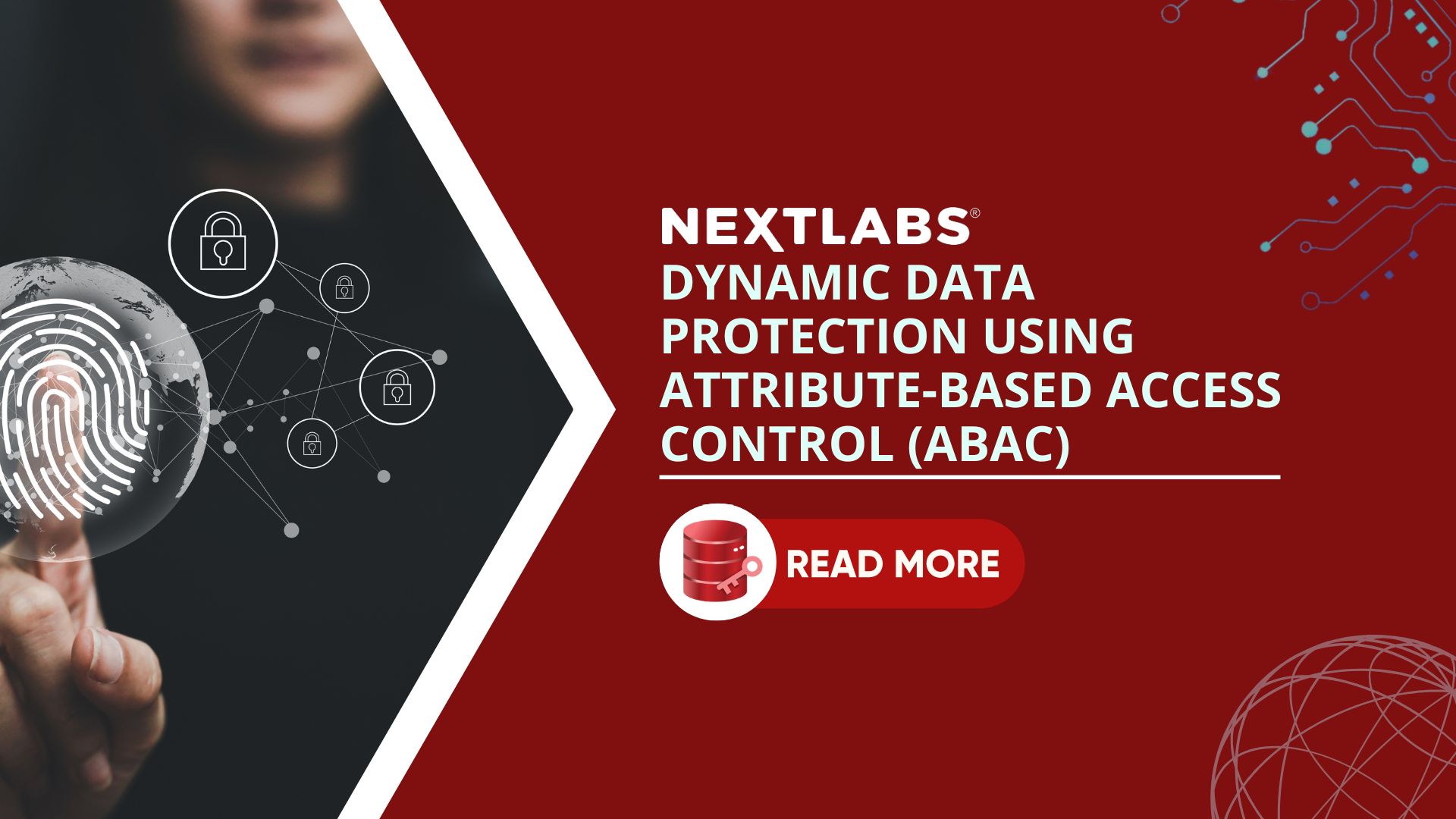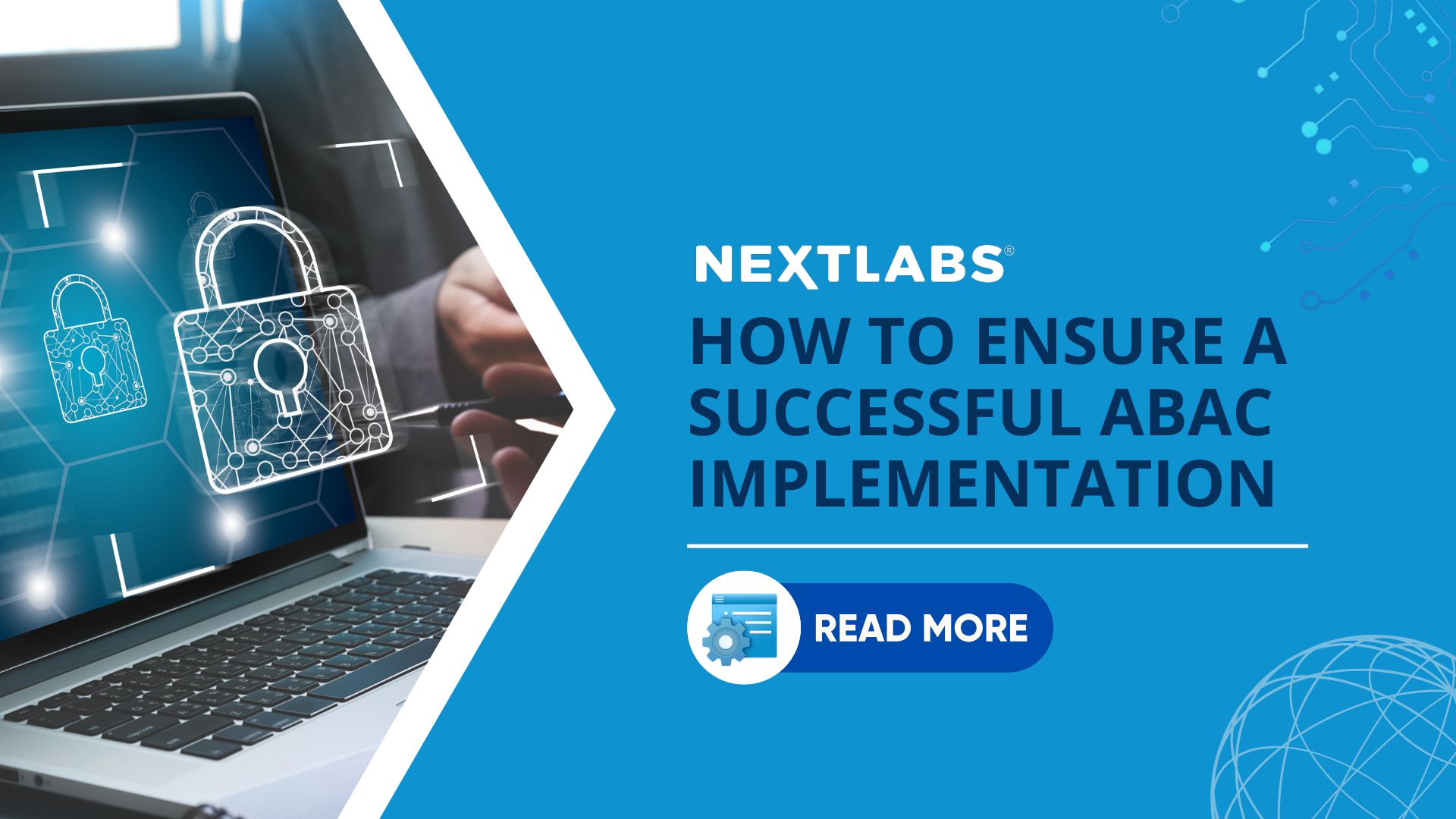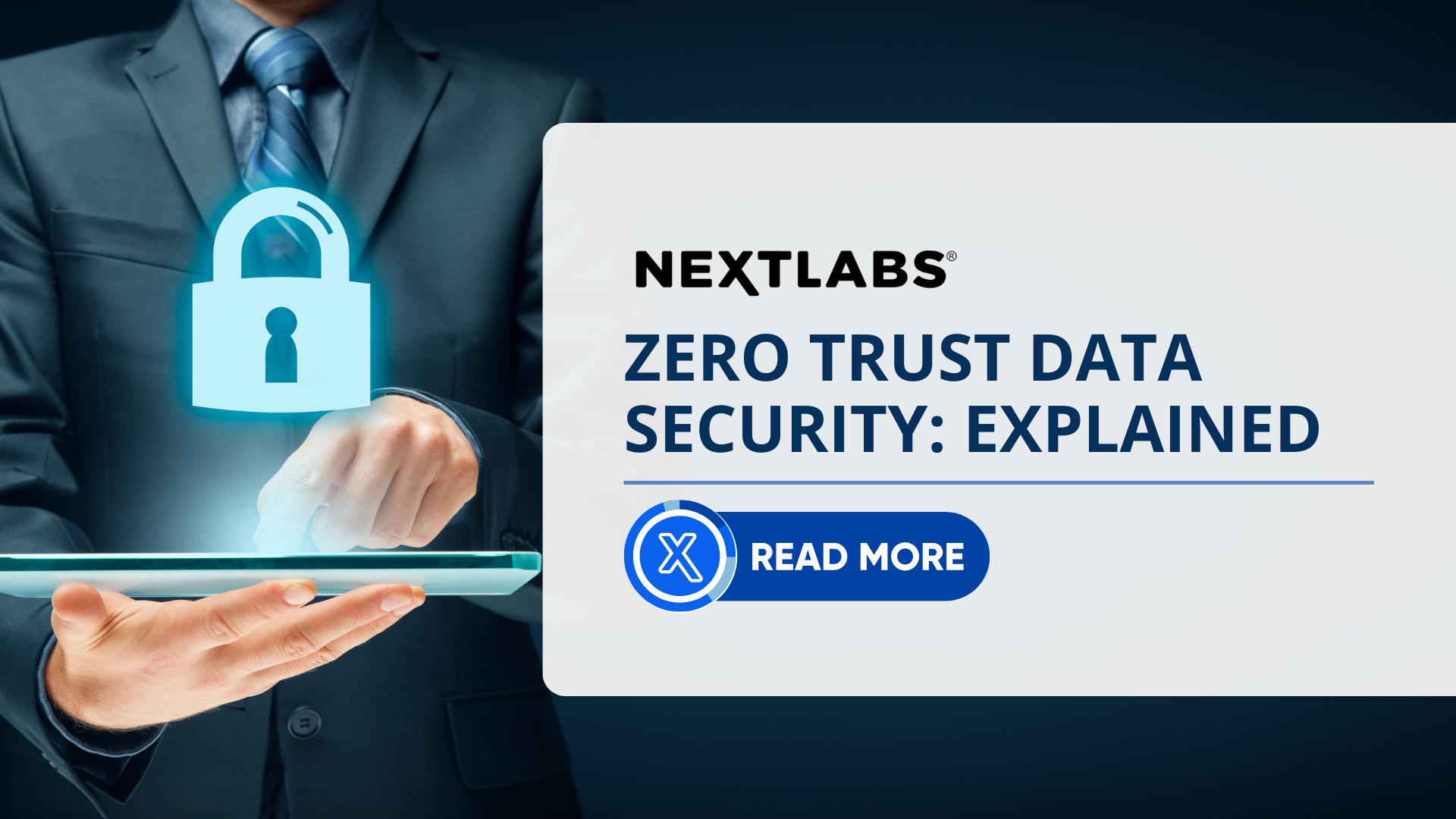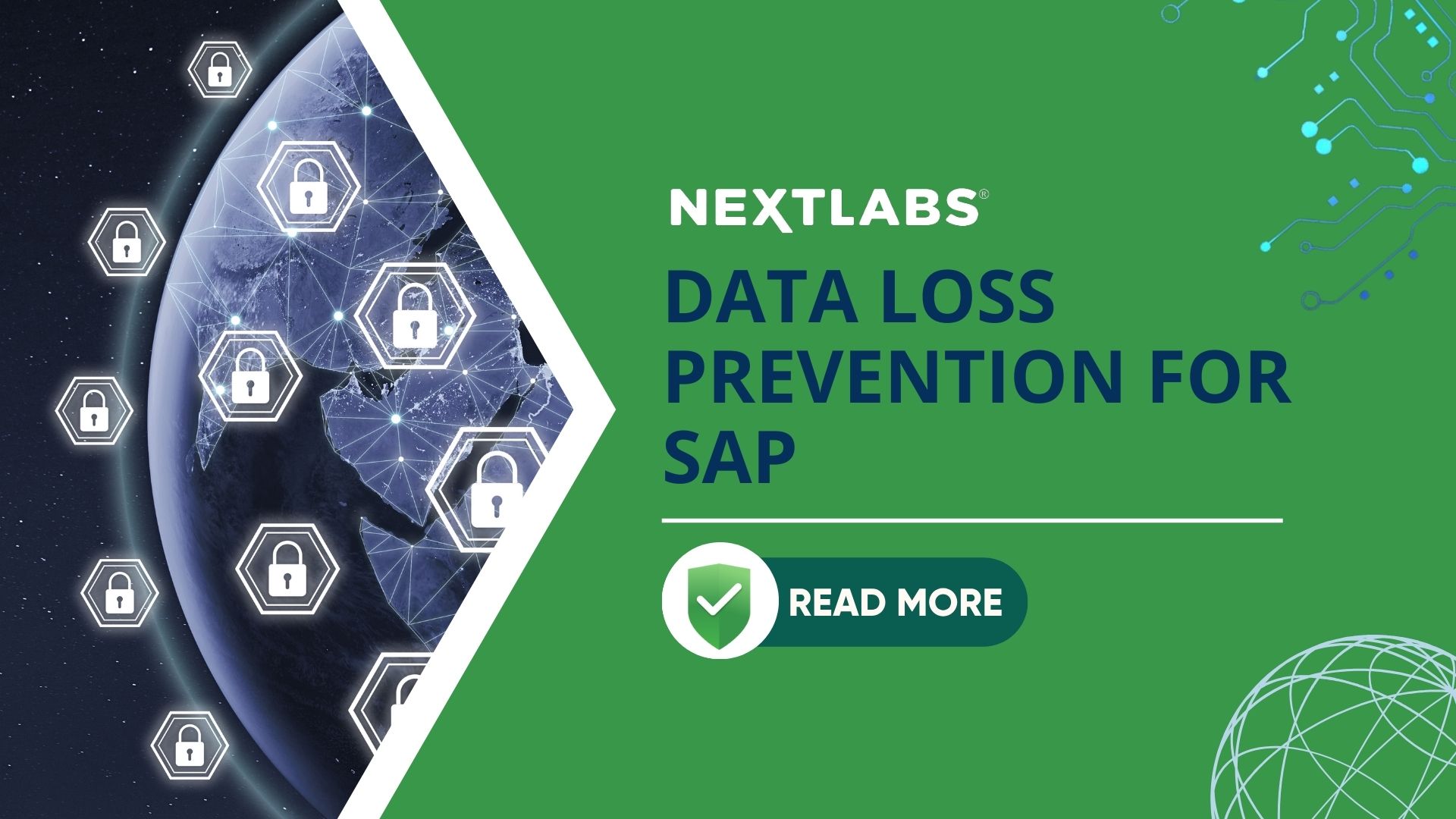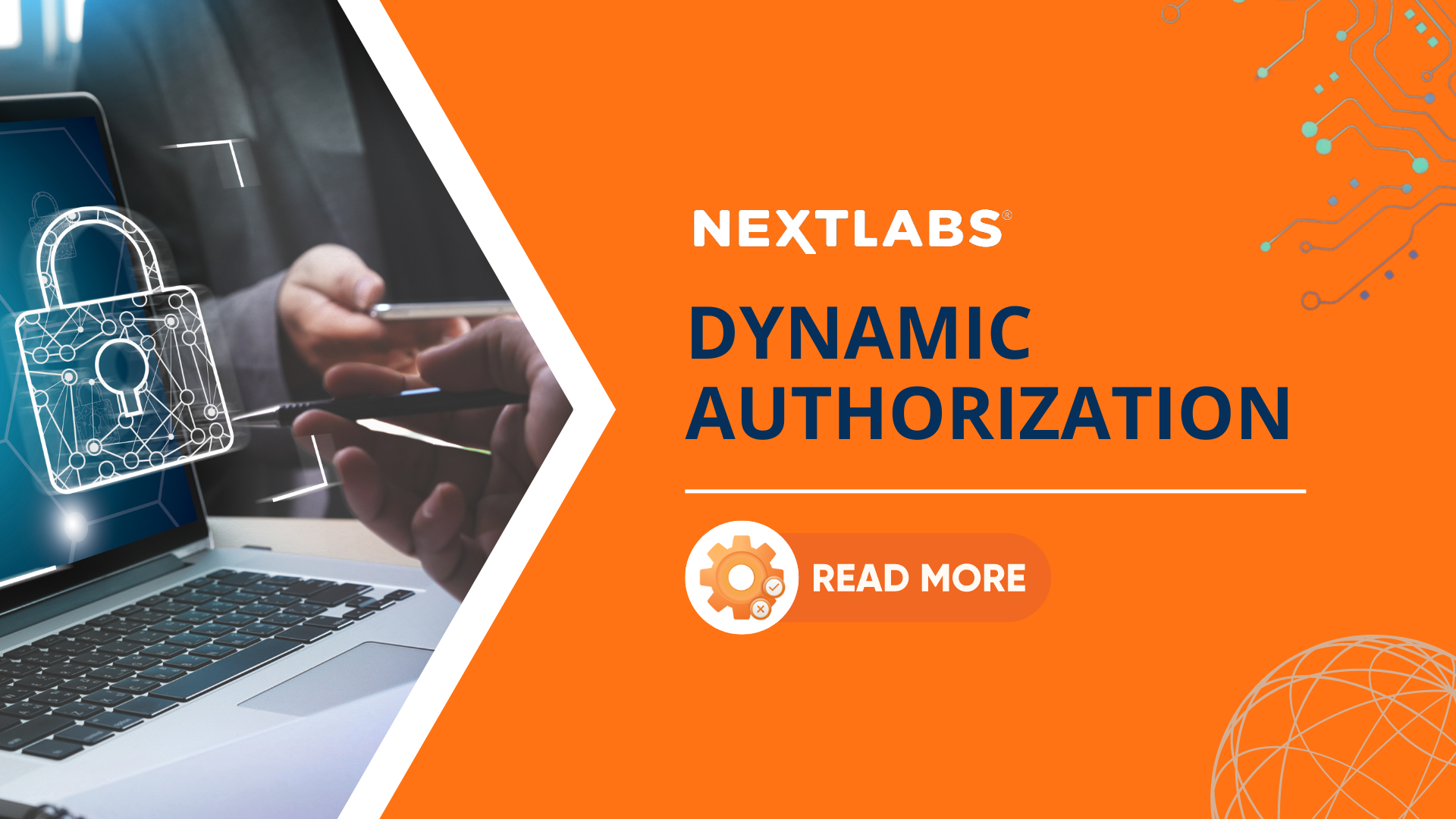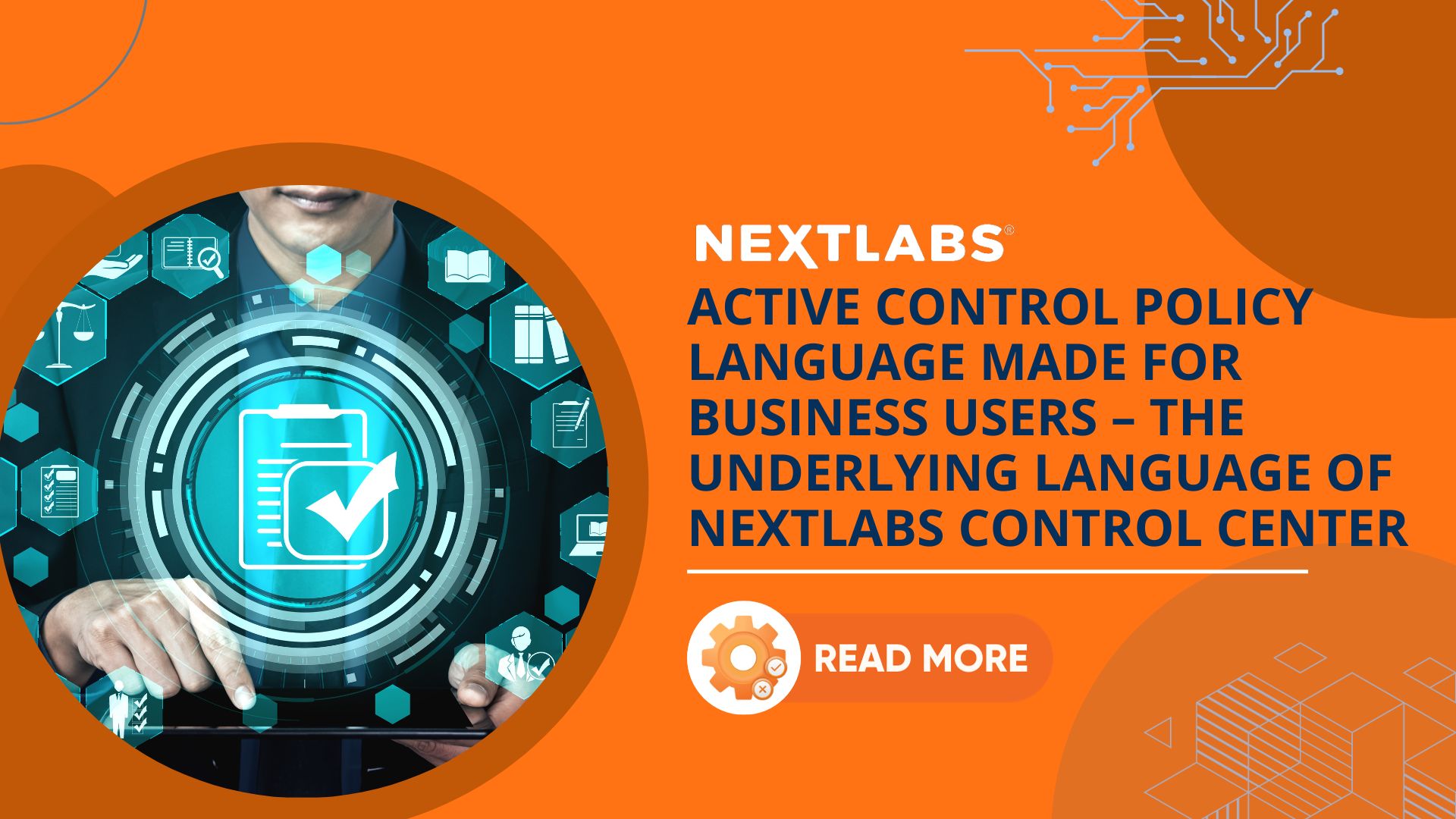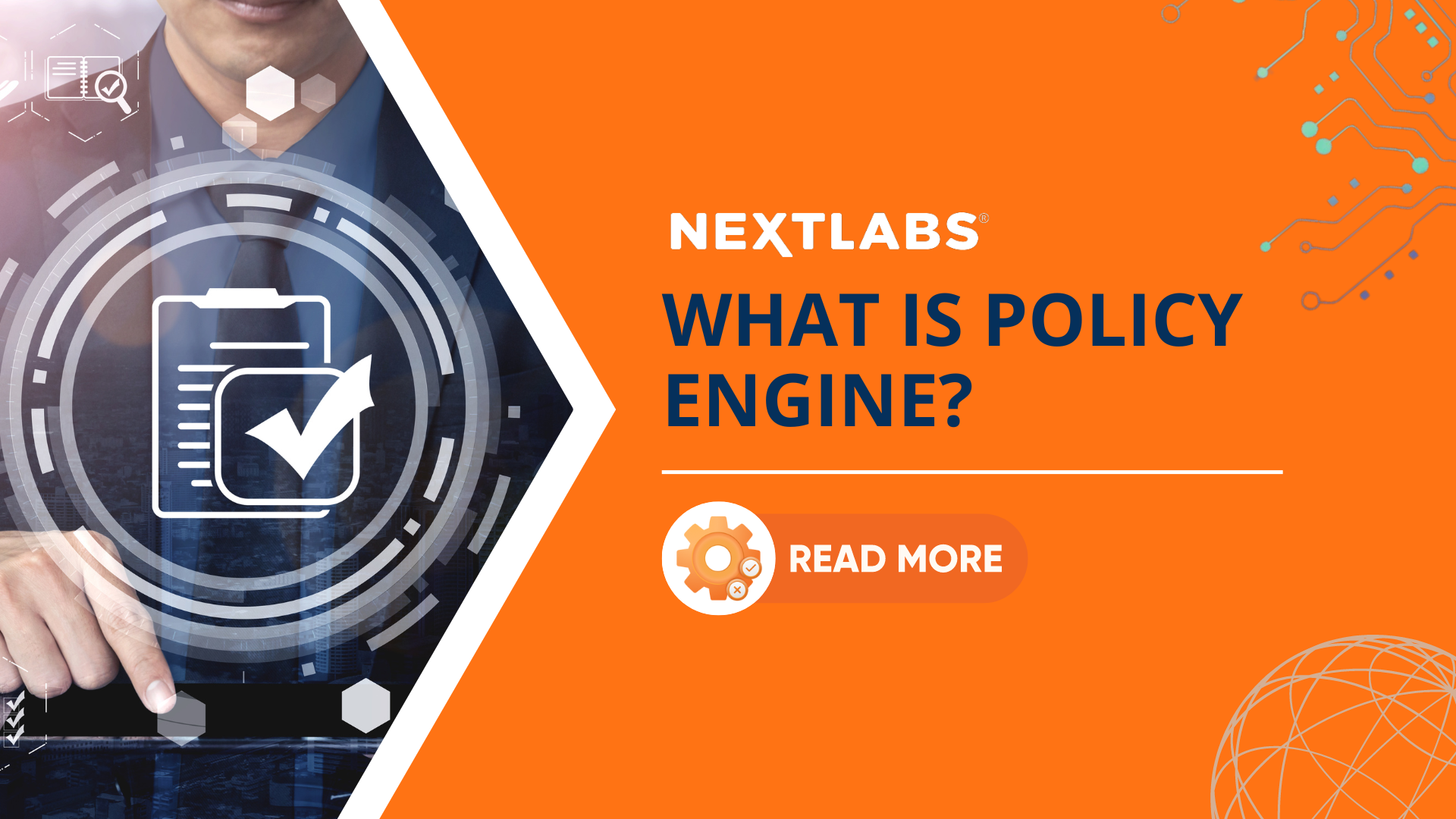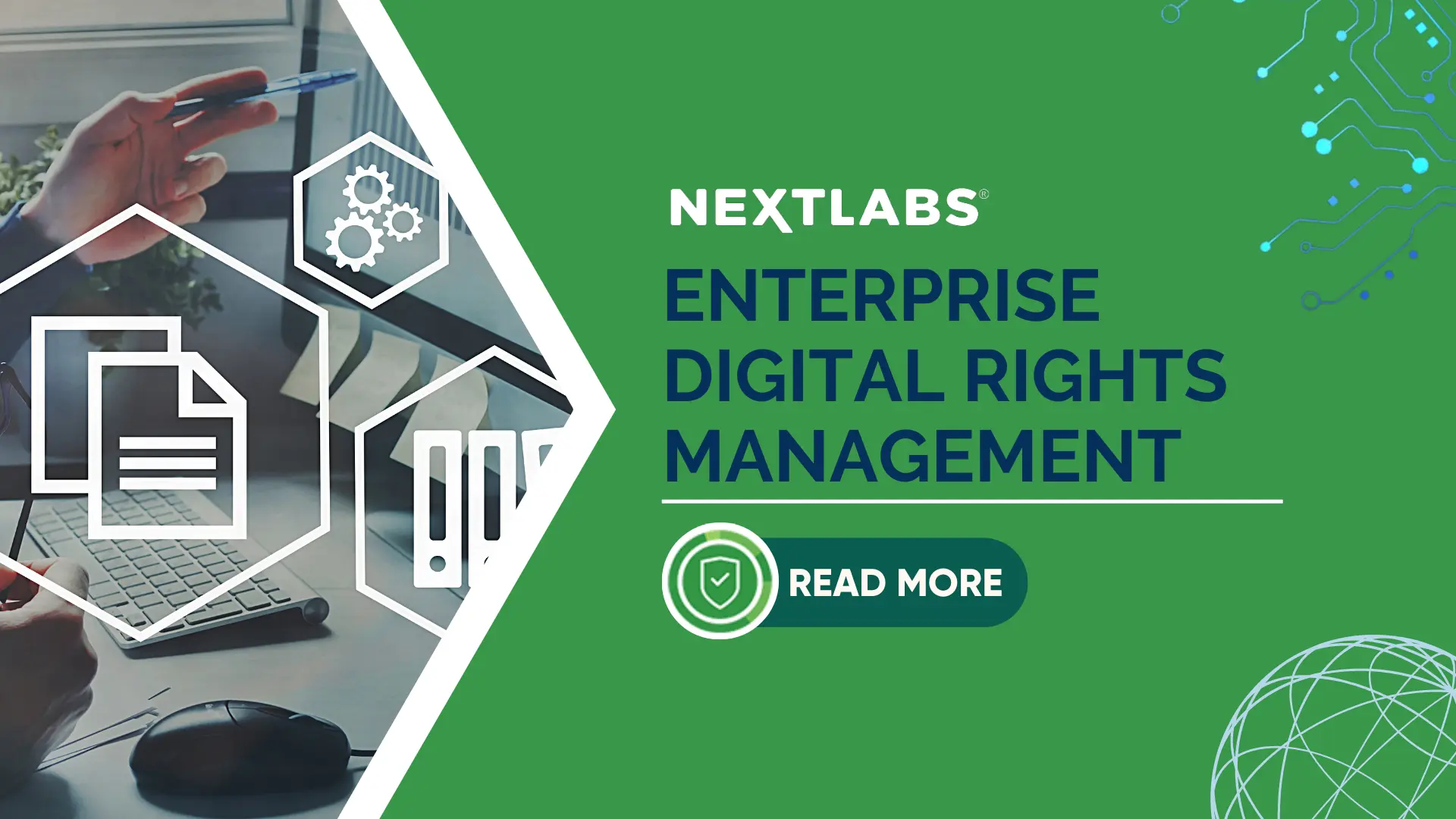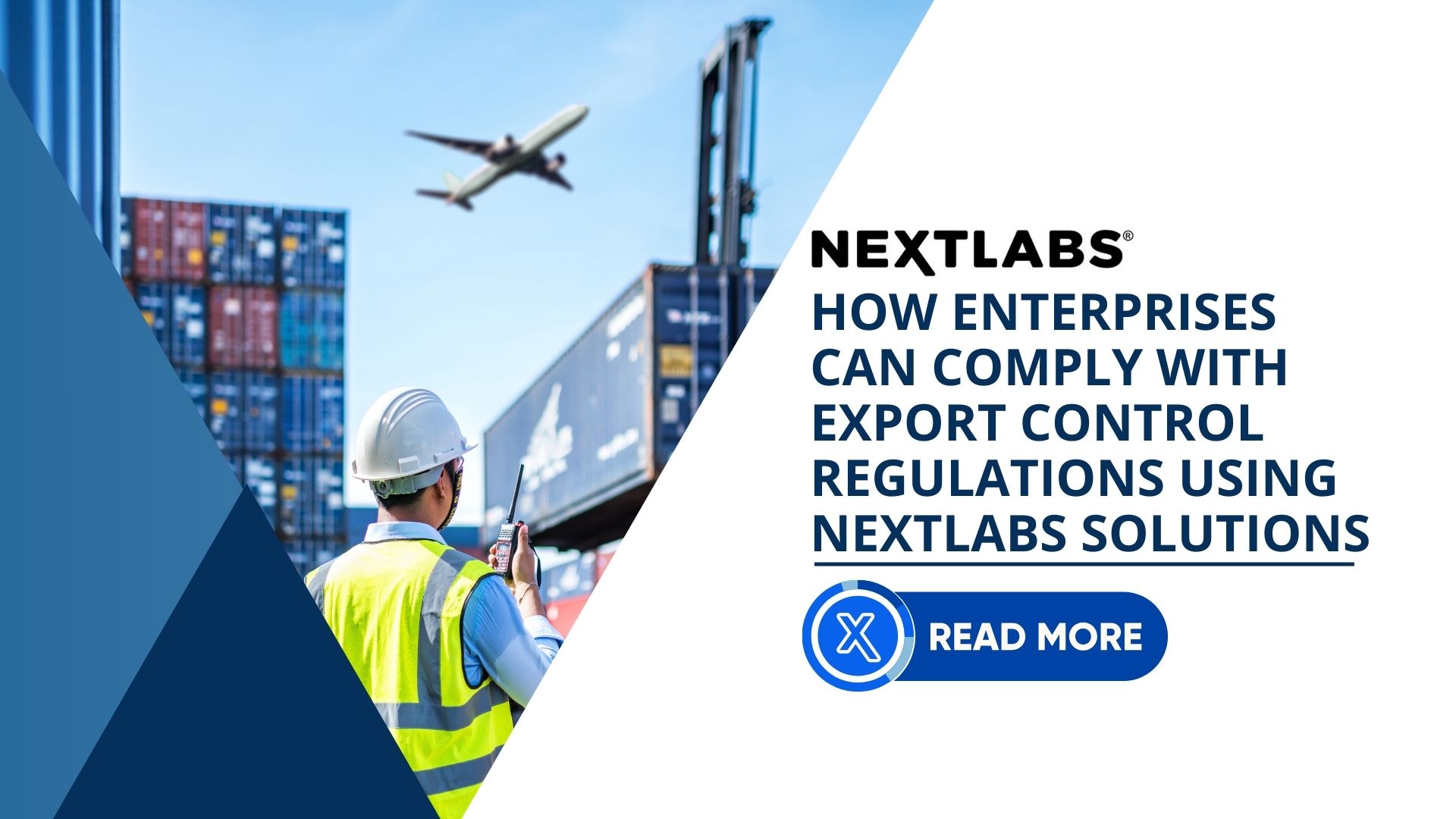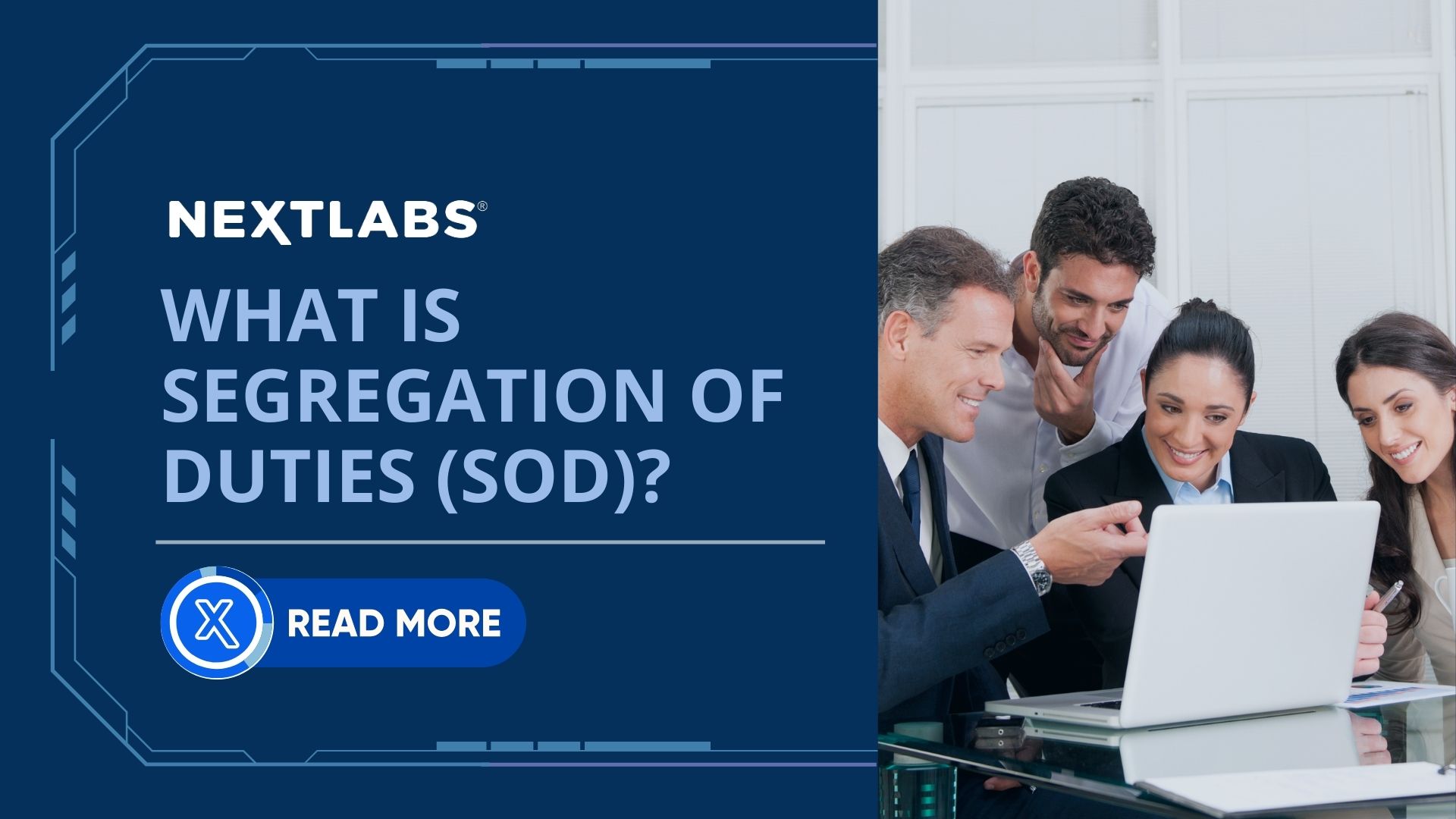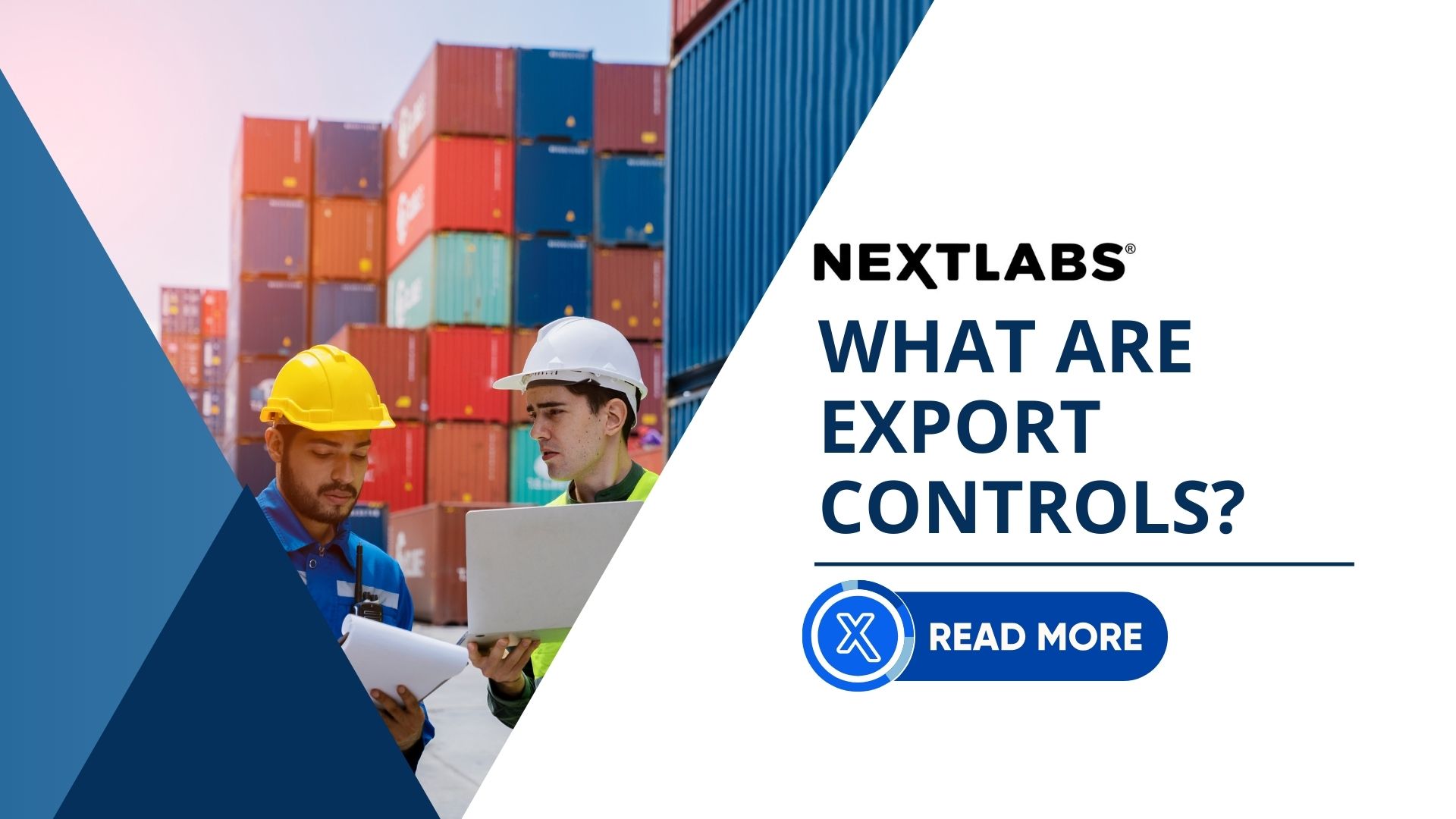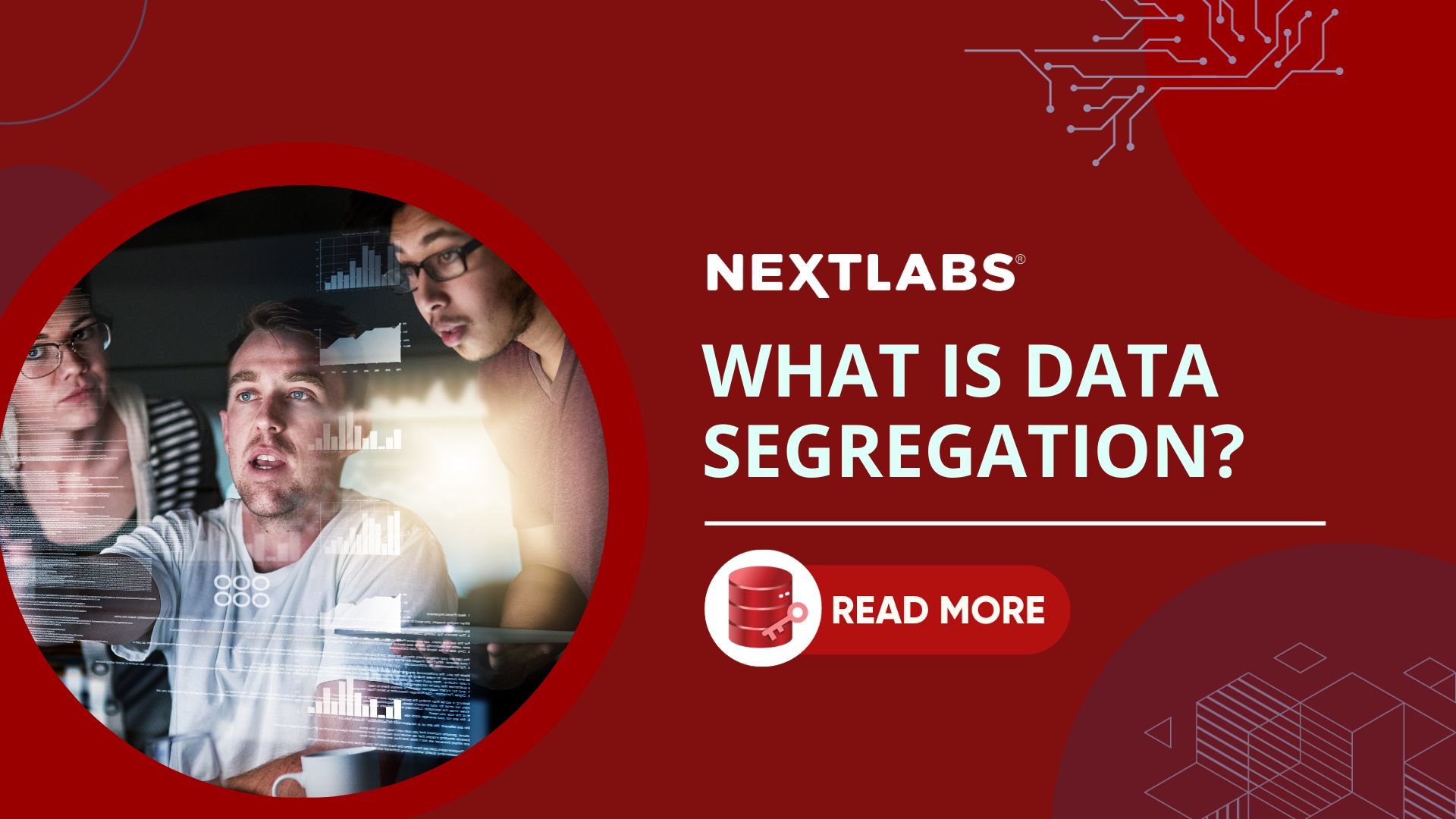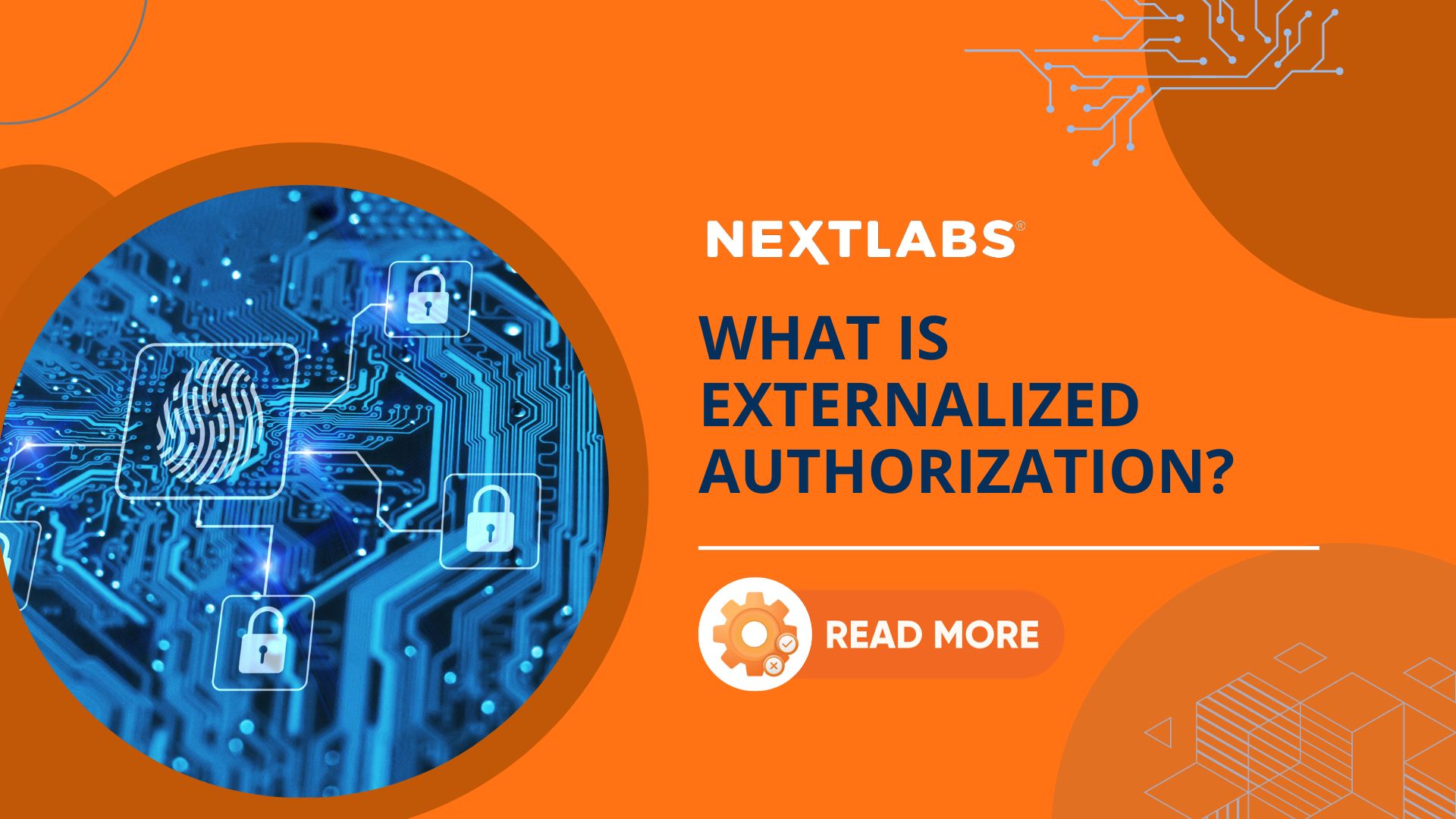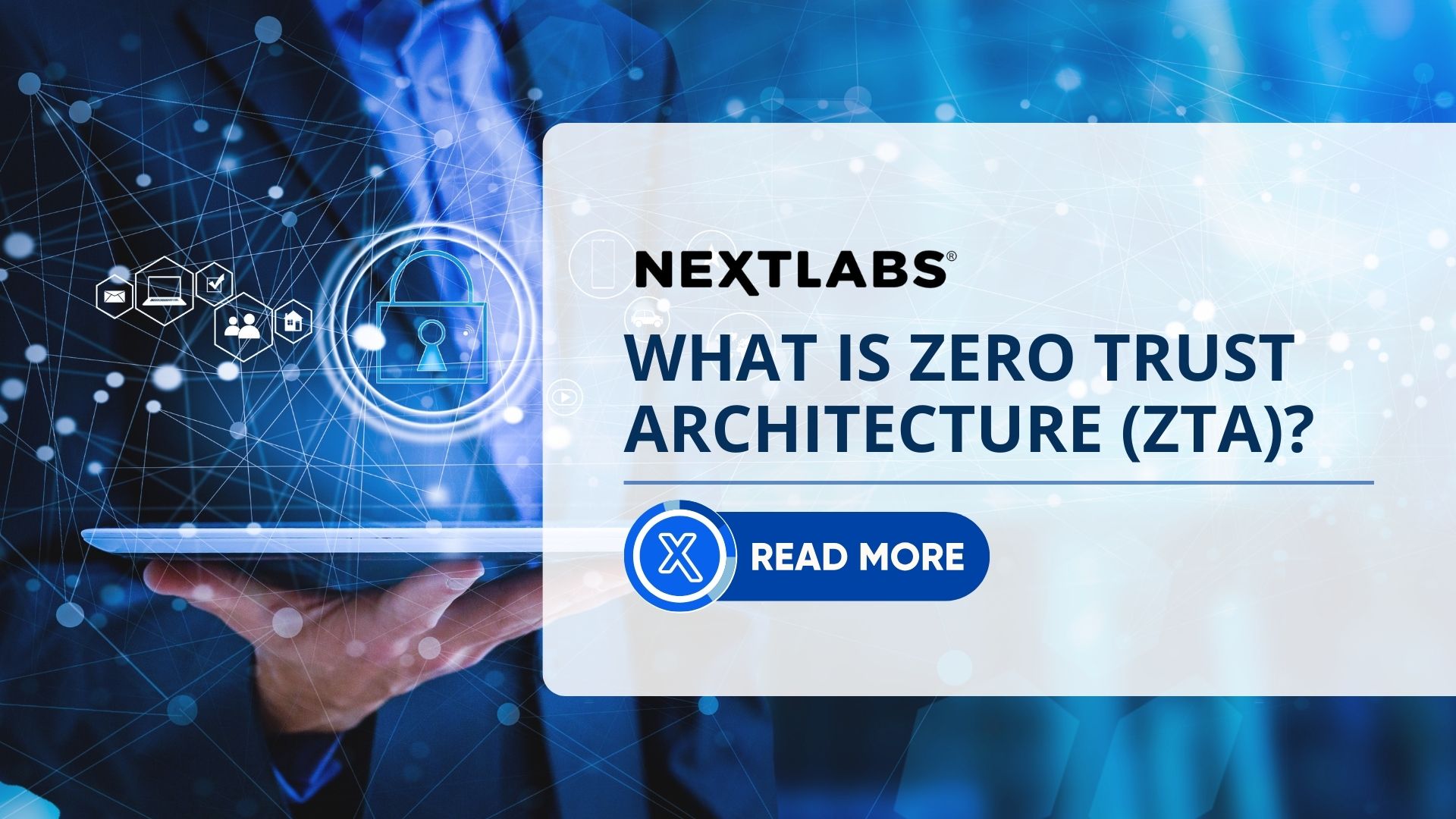-
Looking ahead? Discover upcoming events and updatesLooking ahead? Discover upcoming events and updates
Featured Article
What is Attribute-Based Access Control?
By many, including Gartner and NIST, ABAC is now being considered as the dominant mechanism for the future. As part of a consortium tasked with creating a reference architecture for ABAC, NextLabs was selected by the National Institute of Standards and Technology (NIST) to help define the core capabilities and benefits of ABAC.
All NextLabs Articles
Federated identity is a system that enables users to access multiple applications, services, or organizations using a single set of …
In the age of data consolidation and AI, safeguarding sensitive data is crucial. Learn how Zero Trust Security forms the …
Federated identity is a system that enables users to access multiple applications, services, or organizations using a single set of …
Federated authorization refers to a system of granting access rights to users across multiple organizations or systems without requiring them …
As enterprises continue to upgrade their SAP ERP systems to SAP S/4HANA, it is crucial to implement Zero Trust principles …
Dynamic authorization is essential for securing modern, distributed IT environments because it provides real-time, adaptive access control that is context-sensitive …
Many enterprises need to securely protect information and comply with export control regulations. Export controls govern the information that cannot …
Many enterprises need to securely protect information and comply with export control regulations. Export controls govern the information that cannot …
For the A&D industry and beyond, the intricate issues of electronic export compliance of technical data calls for a data-centric …
Safeguarding data during organizational changes requires dynamic security controls beyond conventional ones in response to drastic changes.
To protect intellectual property in a collaborative global supply chain, a data-centric solution with dynamic access management is necessary.
Data-centric security (DCS) involves technologies, processes, and policies whose focus is on the location of the data, its collection, storage, …
NextLabs’ Active Control Policy Language (ACPL) is a fourth generation policy language (4GL) based on the XACML standard for access …
Explore why Role-Based Access Control (RBAC) should be enhanced with Attribute-Based Access Control (ABAC) in this globalized and ever-changing world.
Discover how NextLabs Data Access Enforcer reaches dynamic data protection through enhancing Role-Based Access Control with Attribute-Based Access Control.
To ensure the realization of these benefits, it is essential to establish best practice guidelines for successful ABAC implementation. Discover …
Zero Trust and Data Centric security can be complementary approaches to security. Zero Trust can help to limit access to …
Explore how a data loss prevention solution can protect SAP data regardless of where it resides throughout its lifecycle.
Attribute-Based Access Control (ABAC) is a security model that secures data dynamically with attribute-driven policies.
Dynamic authorization is a technology in which authorization and access rights to an enterprise’s network, applications, data, or other sensitive assets …
NextLabs’ Active Control Policy Language (ACPL) is a fourth generation policy language (4GL) based on the XACML standard for access …
A policy engine is an essential component of Zero-Trust Architecture (ZTA), which has gained popularity in recent years as a …
Many enterprises need to securely protect information and comply with export control regulations. Export controls govern the information that cannot …
Many enterprises need to securely protect information and comply with export control regulations.
Segregation of duties (SoD), also called separation of duties, is a fundamental aspect to sustainable internal controls and risk management.
Export Controls are laws and regulations that govern the transfer or disclosure of goods, technology and funds originating in one …
Data segregation is the process of separating certain sets of data from other data sets so that different access policies …
We live in a dynamic world which requires organizations to be more responsive. Typically, information and application access policies are …
As defined by NIST, a zero trust architecture (ZTA) employs a data-centric methodology that focuses on protecting resources over the …
